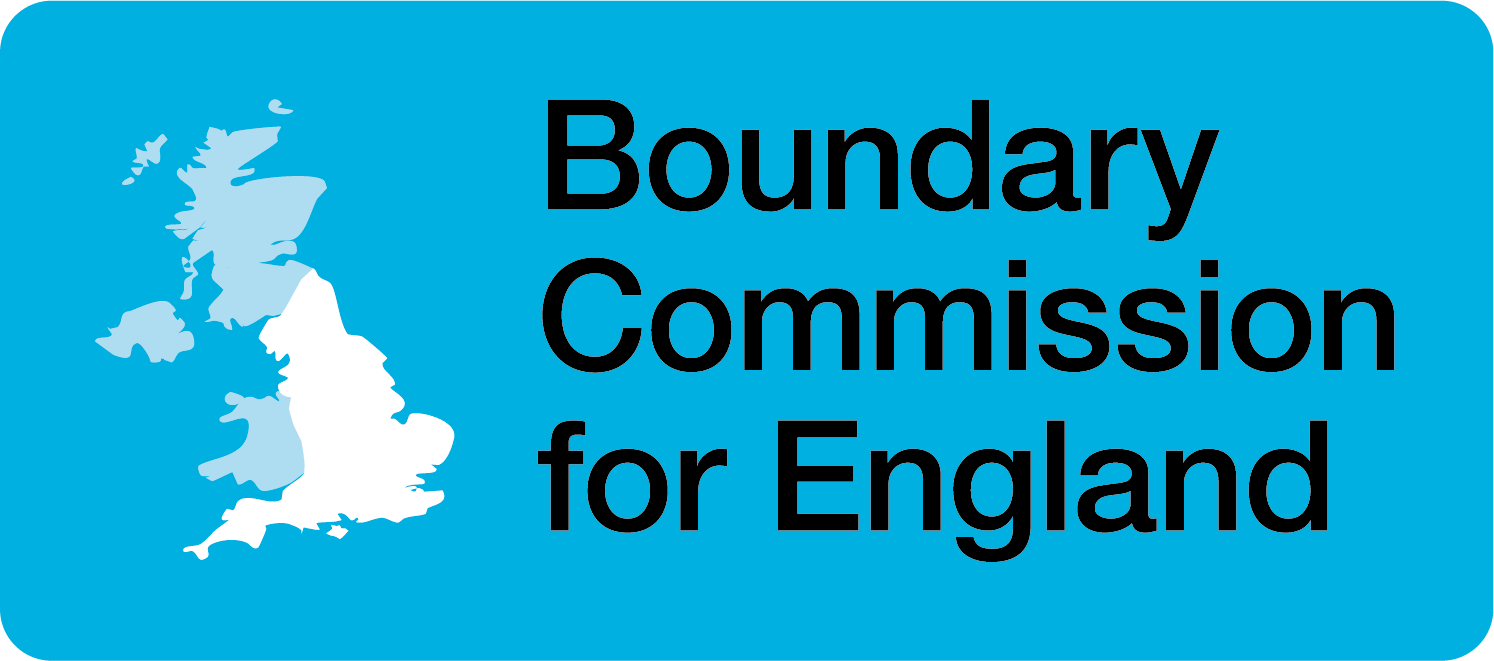After the revised proposals… what happens now?
Last Monday saw the end of the final consultation period of the 2018 Boundary Review, and a rush of last-minute views being submitted to us by people who wanted to ensure their voice had been heard. Here at the Commission we’re still collating all the responses but we’ve certainly received over 10,000 more comments from the public, to add to the 25,000 we’d already received during the first two consultation periods. It’s a fantastic response rate and gives our Commissioners a strong body of evidence on which to build the final recommendations that will be put to Parliament next year.
So how do we get there? Our team will spend the next few months analysing all the public comments we received during this last consultation, and balancing them against the earlier evidence and judgements they had made when coming up with the revised proposals. One thing that we have been struck by already when looking at the responses from the last consultation is the level of support we received in certain areas. We know we haven’t been able to please everyone – when you’re looking for the best solution across the country as a whole, as we have to, it can be tough to address specific areas. What we can guarantee is that we will consider again any evidence that has been received in this final consultation before making decisions.
Our staff and Commissioners will spend the first part of next year poring over the evidence and, as we did extensively earlier this year, if we feel the need to visit areas to see what they’re like on the ground we will do. Commissioners will consider, iteratively, different options and counter-proposals before settling on the final recommendations that we will report, through the Secretary of State, to Parliament in September 2018. The Commissioners are pretty sure that their revised proposals – the current map you can see at bce2018.org.uk – is close to the best solution across the country, and are looking now only for new and compelling evidence to move away from those proposals. But if that evidence is there, and is new or compelling, as we have shown throughout this process the Commission is very willing to listen to the concerns of local residents and change the proposals to reflect those concerns. We’re incredibly grateful to all those who took the time and effort to give us measured and constructive responses that have allowed us to reflect so much of what people have said to us throughout the process.
If you want more background on the review, hear from our Deputy Chair Andrew Nicol about what the review is and how we conduct it, and I recently blogged on the impact our new digital approach has had on citizen engagement. And please keep following us on twitter and facebook as we work towards the end of the 2018 Boundary Review in September next year.
